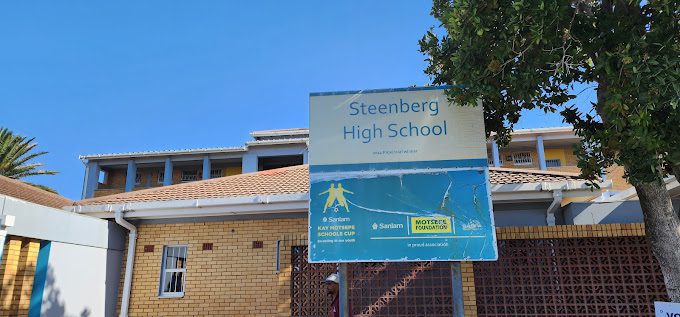Several public schools are bracing for a wave of protests this week, triggered by the recent termination of contract teachers at multiple institutions. The root cause of the discontent stems from a new policy directive issued by the Western Cape Education Department (WCED).
At the forefront of this unfolding situation was Steenberg High School, which found itself at the center of controversy last Friday. The institution faced the departure of four beloved teachers, colloquially known as “onnies,” a development that sparked immediate public outcry.
In a fervent declaration made last Wednesday, the staff at Steenberg High School voiced their profound dismay over the policy’s repercussions, describing them as “nothing short of disastrous.” The collective statement highlighted a growing concern for the educational welfare of students, stating, “The quality of education provided to our learners is now under serious threat. The Western Cape Education Department has provided schools with no solutions to the problems they have created with the implementation of this circular.”
A teacher, participating in the protests, shed light on one of the more contentious aspects of the circular, which notably excludes the provision for substitute positions for educators on extended sick leave.
“This is meant to be a cost-cutting mechanism. The only substitute posts that will be filled, will be for teachers on maternity leave and educators who are on extended incapacity leave. This circular harshly affects all poor/working class and no-fee schools where the schools do not have the finances to take on School Governing Body teachers.”
The educator passionately argued for the reinstatement of all contract teachers and the withdrawal of the contentious circular.
While protests at Steenberg High and Rocklands High were slated for today, they have been delayed due to inclement weather conditions. Conversely, Glendale Secondary School is preparing to stage a demonstration tomorrow in the wake of losing six educators.
The WCED, faced with mounting criticism, has attempted to clarify the situation. Bronagh Hammond, a spokesperson for the department, addressed the uproar, attributing the confusion and panic to misinterpretations of the department’s cost containment strategies. These measures were put in place as a direct response to significant budget reductions imposed by the national government in the Western Cape. Contrary to circulating claims, Hammond assures that the department is not eliminating contract positions.
This ongoing situation highlights a complex interplay between fiscal policy and educational integrity, leaving many to ponder the future of public education in the Western Cape amidst these turbulent times.

















